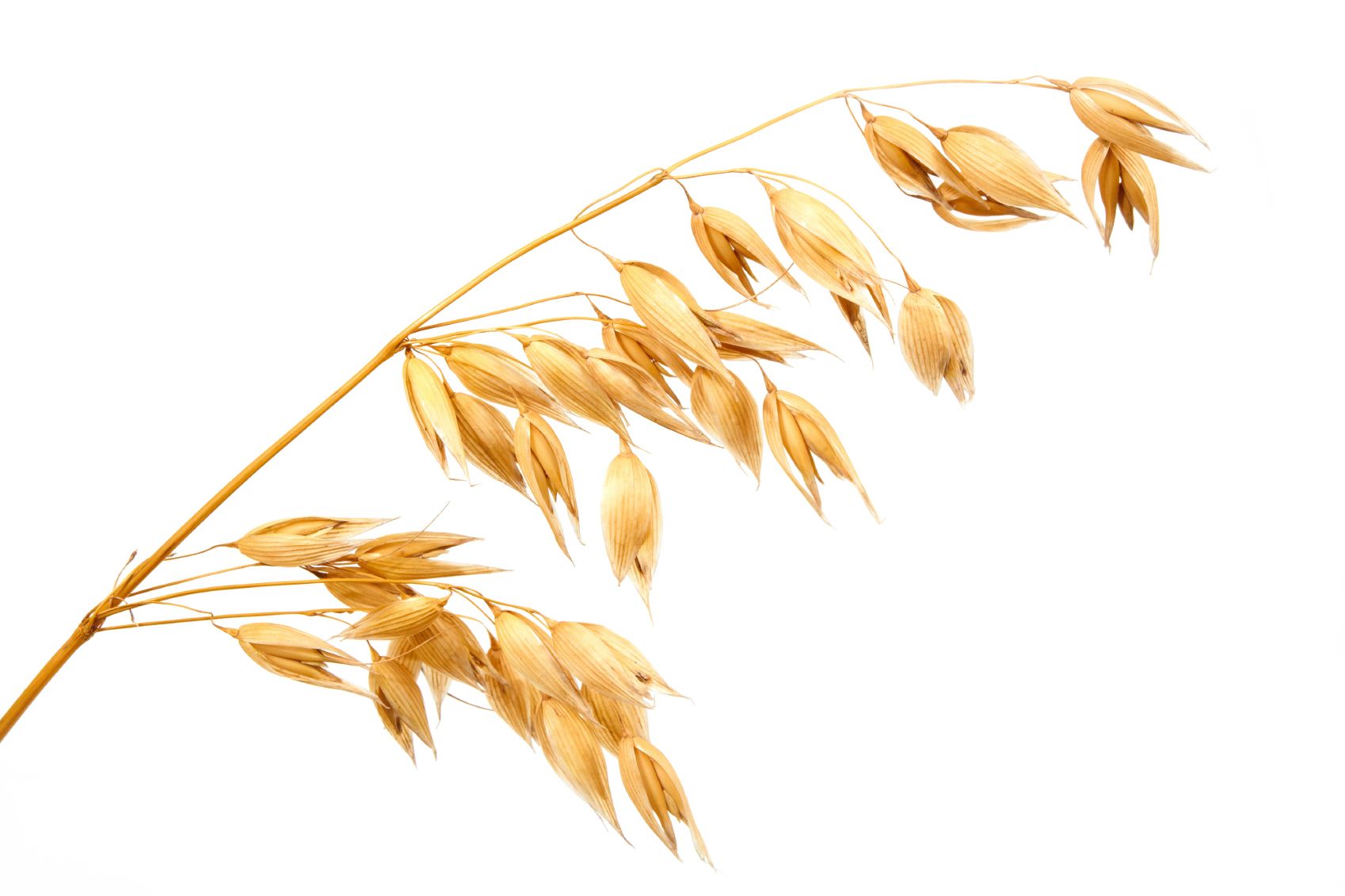Can Celiacs Eat Oats?
Irish researchers put 46 celiacs on a long-term oat challenge.

By Robby Gardner, Associate Editor
Despite some debate within the scientific community, a long-term study on celiac patients offers new evidence that celiacs can eat gluten-free oats-meaning oats that are not contaminated with other grains that may contain gluten.
Patients with celiac disease are advised to avoid gluten-containing foods, including wheat, barley, and rye. Oats in their natural form are gluten-free, but they can be exposed to gluten when mixed with other grains in mills, on production lines, and in numerous other steps of manufacture and packaging. With the potential risks, celiacs are often advised to avoid oats altogether when first initiating a gluten-free diet. Many people with celiac disease can later reintroduce gluten-free oats (not commercial oats), but there is still a small percentage of people with celiac disease who appear to react to all oats. However, little is known about the extent or function of this reaction.
Researchers at Trinity College in Ireland, writing in Clinical & Experimental Immunology, found that celiac patients showed no adverse effects when consuming pure, uncontaminated oats for an entire year.
A total of 46 celiac patients consumed gluten-free oats daily and at a mean of 286 g per week (a range of 97–513 g per week). Clinical evaluations at every three months would include intestinal biopsies to look for evidence of immune responses characteristic of a gluten reaction. Over the entire study, researchers reported no adverse effects and no changes in 95% of intestinal biopsies. No changes were observed for enterocyte proliferation (an increase in intestinal cell turnover rate in response to injury), interepithelial lymphocytes (specialized immune cells highly suggestive of active celiac disease), or tissue transglutaminase (an enzyme that signals an injury when released). In an interview with Sheila Crowe, MD, gastroenterologist and member of the scientific/medical advisory council for the National Foundation for Celiac Awareness (NFCA), Nutritional Outlook learned that these are standard and reliable markers used to assess celiac disease activity.
The long-term gluten-free oat challenge was well tolerated by celiac patients, but it’s important to note that the oats consumed were confirmed as free of other grains.
Unless oats are labeled gluten-free, they should not be eaten by individuals with celiac disease, according to Tricia Thompson, MS, RD, of Gluten Free Watchdog LLC.
“Commercially available oats in the United States not labeled gluten-free are highly likely to be contaminated with gluten-containing grain,” said Thompson in an interview with Nutritional Outlook. “As part of the Grain Inspection, Packers, and Stockyard Administration (GIPSA) standards, oats by definition are allowed to contain what is termed ‘other grain,’ including wheat, barley, rye, and triticale. This ‘other’ grain does not need to be declared on the food label, and its exact percentage is not specified for the various grades of oats.”
The NFCA recommends that celiac patients only choose oats labeled as “certified gluten-free” or “pure, uncontaminated,” and that these individuals consult with their healthcare providers before introducing either type of oat product into their diets.
Polyphenols: The next generation of prebiotics is ready for liftoff
April 21st 2025Explore the prebiotic health benefits of polyphenols and the positive impact they may have on digestive and immune health. Polyphenols, such as those found in European black elderberry, may be an ideal solution for manufacturers trying to break into the digestive health space.
The Nutritional Outlook Podcast Episode 39: Nutritional Outlook's Ingredients to Watch in 2025
February 25th 2025In this episode, Nutritional Outlook interviews Scott Dicker, market insights director from market researcher SPINS, about ingredients and product categories nutraceutical and nutrition product manufacturers should watch in 2025.









